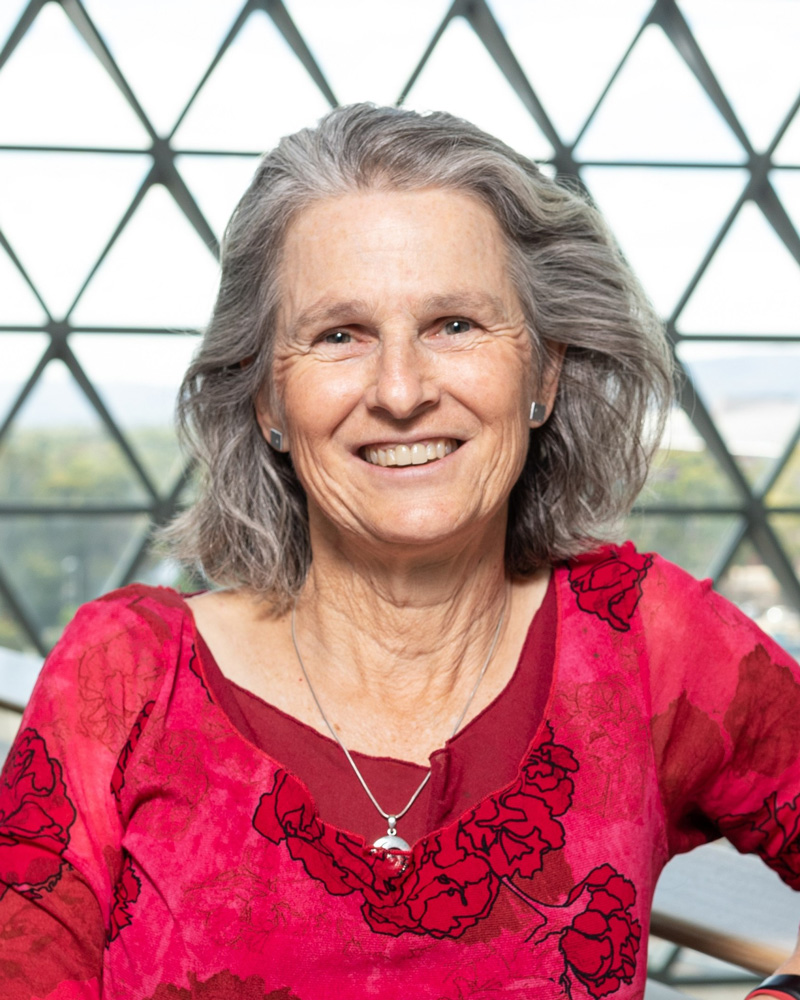Outcomes of 2022 Grant Round
PCFA is committed to helping build Australia’s capacity to generate knowledge that will improve the lives of men with prostate cancer, their partners and their families.
The 2022 funding round called for applications from early and mid-career researchers under the PCFA’s Priority Impact Research Award – Young Investigators (PIRA-YI) funding scheme. This round focused on projects identified by PCFA to be of high priority in the research space.
Applications were welcome from Prostate Cancer Researchers in:
- Application of precision approaches to therapies across the prostate cancer continuum, including hormone sensitive prostate cancer
- Research (basic, translational, epidemiological) that capitalises on existing repositories of biological samples and clinical data from men with prostate cancer
- Better understanding the impact of prostate cancer on men’s lives and improving the quality of life of men diagnosed with prostate cancer, their partners and their families
- Better understanding the basis of, and approaches to address disparities in, prostate cancer outcomes based on ethnicity, socioeconomic status, and location
- Bringing precision approaches to survivorship
These grants will be funded and commence work in 2023.
Priority Impact Research Award Scheme Recipients

Dr Joanna Achinger-Kawecka, Garvan Institute of Medical Research
Targeting epigenetic changes in advanced prostate cancer
This project will help identify new epigenetic drivers of treatment-resistant neuroendocrine prostate cancers (NEPCs), using emerging technologies and pre-clinical models to try and restore men’s response to treatment. Hormone treatments targeting androgens are the current standard-of-care for men with metastatic prostate cancer, but many patients will experience the emergence of treatment-resistant NEPCs over time. The research aims to solve this problem.

Dr Laura Porter, Monash University
Manipulating the immune response for prostate cancer treatment
This project will help to advance more effective and targeted treatments for men with metastatic prostate cancer, using the immune system to eradicate prostate cancer proliferation with CAR T-cell therapy, whereby T-cells bind to cancer cells and destroy them. To date, CAR T-cell has not proven effective against prostate cancer, but this research will seek to identify factors that strengthen the treatment response to slow the spread of prostate cancer and improve survival.

Dr Kate Guan, UNSW Sydney
Developing a physiological prostate cancer model for rapid drug testing
This project will map the metabolic pathways involved in resistance to a specific type of hormone therapy and target identified pathways with metabolism inhibitors to restore treatment response in men with metastatic prostate cancer. The research aims to identify metabolism-targeted agents that can effectively block anti-androgen resistance or synergise with anti-androgen treatments to improve survival outcomes.

Dr Kerri Beckmann, University of South Australia
Inequalities in care and real-world outcomes for men with advanced prostate cancer
This project will investigate therapies for men with metastatic prostate cancer to identify patterns of disadvantage. It will also seek to better understand any adverse events and the survival outcomes related to different types of therapies. The outcomes will inform best-practice care for men, advancing our work to overcome disparities such as a 24% higher rate of death in regional areas.

